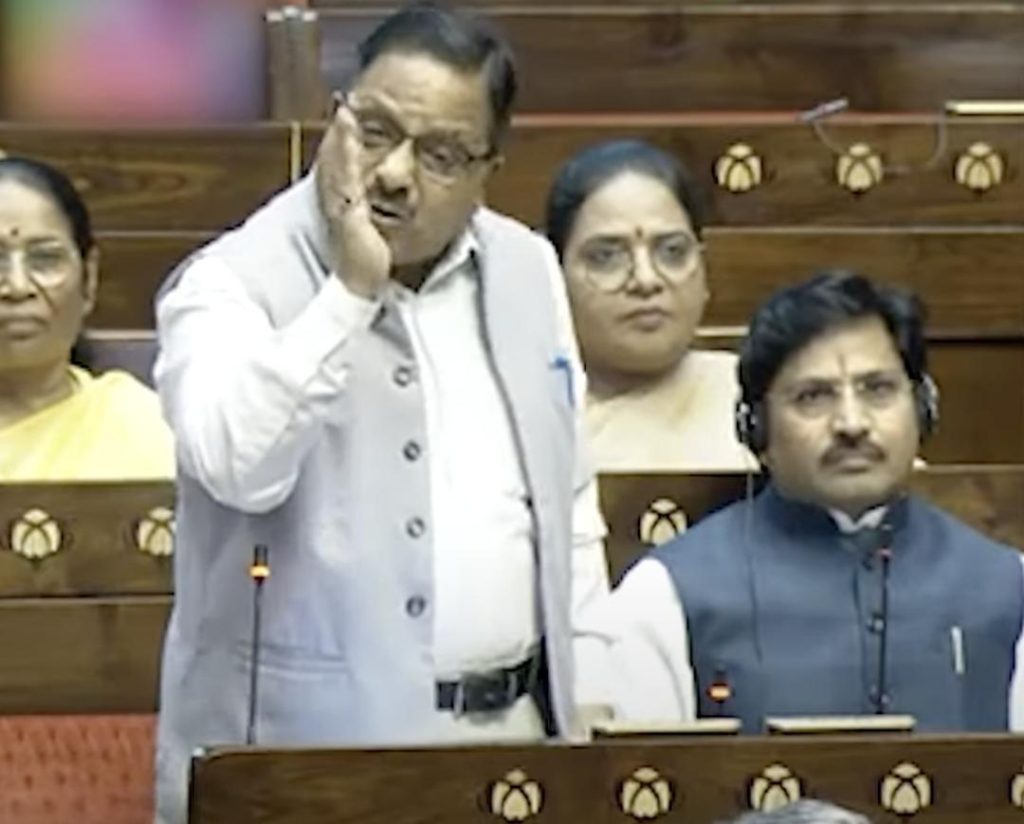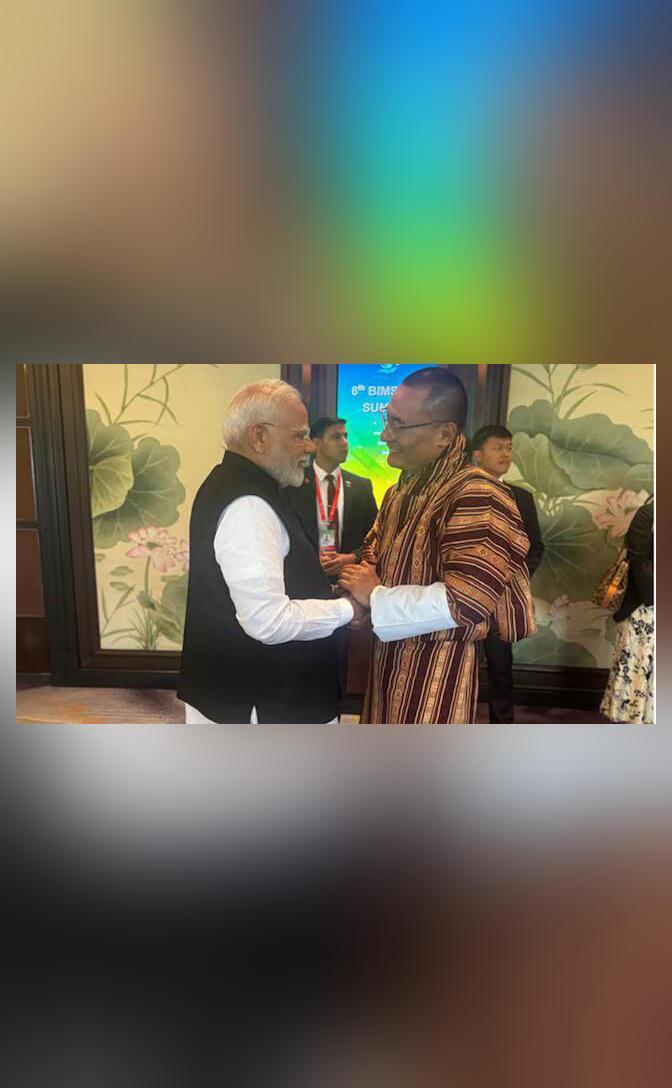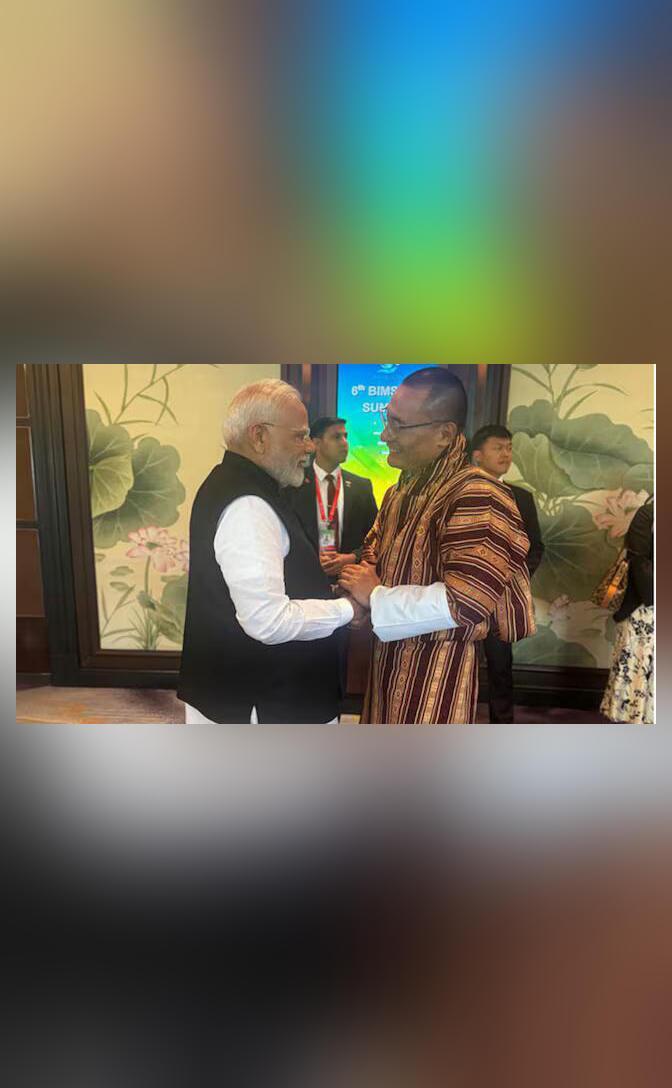
Should I Read Quran and Tell You What’s Written in It: BJP MP Radha Mohan Das on Waqf Bill
The Waqf Bill, a contentious piece of legislation aimed at reforming the management of Muslim minority institutions, has been the subject of intense debate in the Indian Parliament. The latest development in this saga is a remark made by BJP MP Radha Mohan Das during the bill’s discussion, which has sparked both outrage and curiosity among the general public. In this blog post, we will delve into the context of the remark and explore the implications of the MP’s words.
During the discussion on the Waqf Bill, Radha Mohan Das, a BJP MP from Uttar Pradesh, raised a question that has left many wondering. He asked, “Should I read the Quran and tell you what’s written in it?” The MP’s statement was made in response to allegations that the Waqf Board, which manages Muslim minority institutions, was misusing its funds and failing to maintain transparency in its financial dealings.
The MP’s remark was a reference to a specific verse in the Quran, which he claimed supported his argument. According to him, the Quran states that even if one rupee is given to anyone, there should be a written record. He used this verse to question the Waqf Board’s lack of transparency in its financial dealings, pointing out that it had many properties without a record of their ownership.
The MP’s statement has been met with both criticism and support from various quarters. While some have hailed his remarks as a bold attempt to challenge the Waqf Board’s opaque financial dealings, others have accused him of making a provocative and insensitive statement. The All India Muslim Personal Law Board (AIMPLB), a leading Islamic organization, has condemned the MP’s remarks, describing them as an attempt to “misinterpret” the Quran and “create communal tension”.
The Waqf Bill, which aims to reform the management of Muslim minority institutions, has been a subject of controversy since its introduction in the Parliament. The bill seeks to establish a centralized Waqf Board, which will oversee the management of Waqf properties across the country. The Bill also proposes to increase transparency in the financial dealings of the Waqf Board and ensure that its funds are utilized for the benefit of the Muslim community.
However, the bill has been opposed by many, who argue that it is an attempt to tamper with the autonomy of Muslim minority institutions. The AIMPLB, among others, has criticized the bill, stating that it is a “clear attempt to dilute the rights of Muslims” and “curtail their religious freedom”.
The controversy surrounding the Waqf Bill and Radha Mohan Das’ statement has once again highlighted the sensitive nature of religious affairs in India. The debate has also raised questions about the role of religion in public life and the extent to which religious texts can be used to justify political positions.
In conclusion, Radha Mohan Das’ statement about reading the Quran and telling what’s written in it has sparked a heated debate about the Waqf Bill and the role of religion in public life. While the MP’s remarks may have been meant to challenge the Waqf Board’s opaque financial dealings, they have also been criticized for being provocative and insensitive.
As we continue to navigate the complexities of religious affairs in India, it is essential that we approach these issues with sensitivity and respect for all religions. We must also recognize the importance of transparency and accountability in the management of minority institutions and ensure that these institutions are utilized for the benefit of all citizens, regardless of their religious beliefs.
Source: https://www.youtube.com/watch






